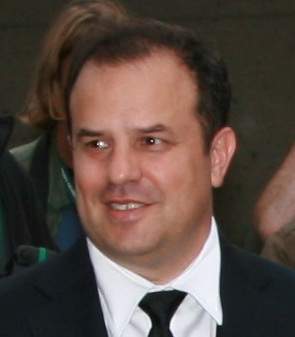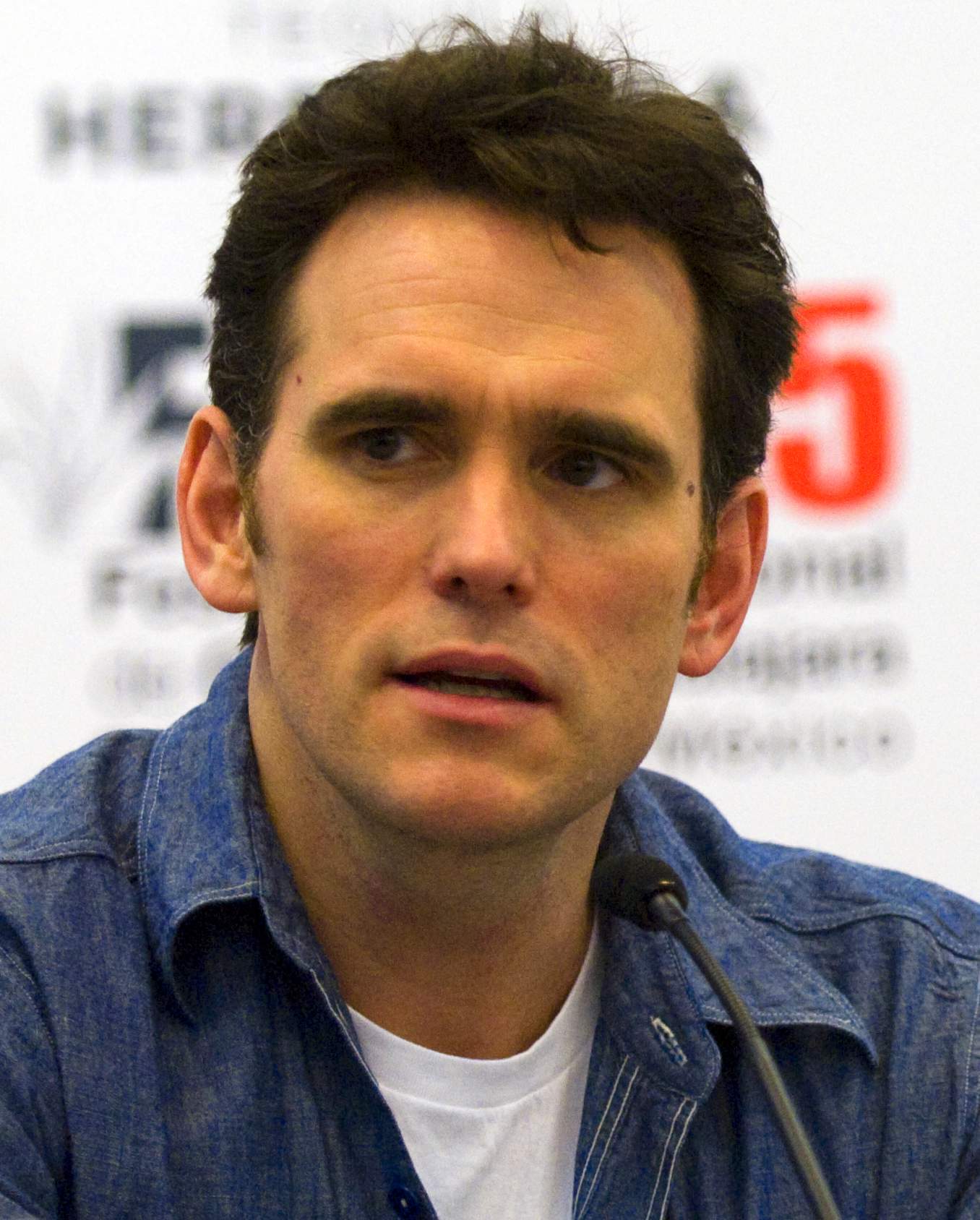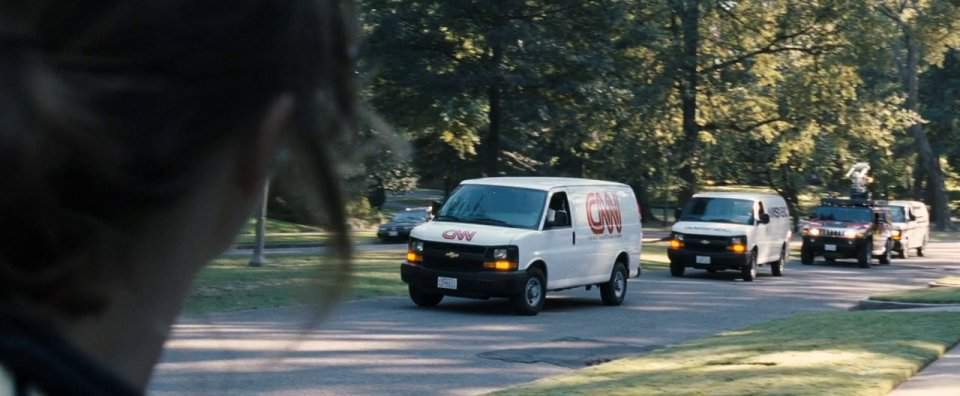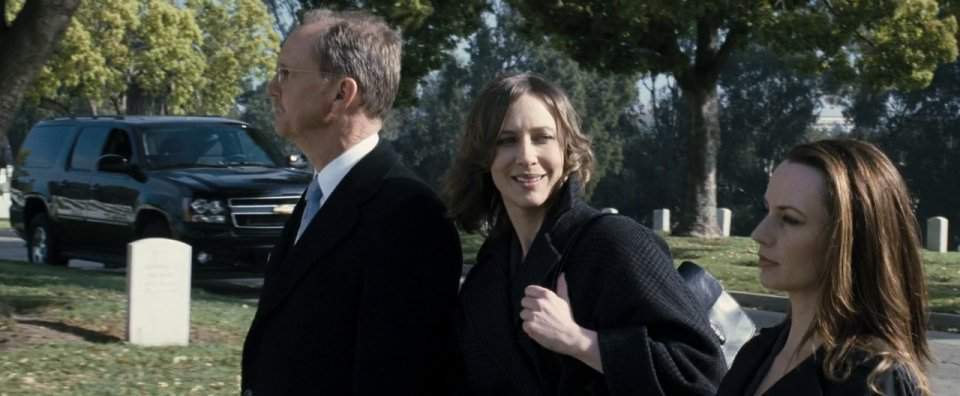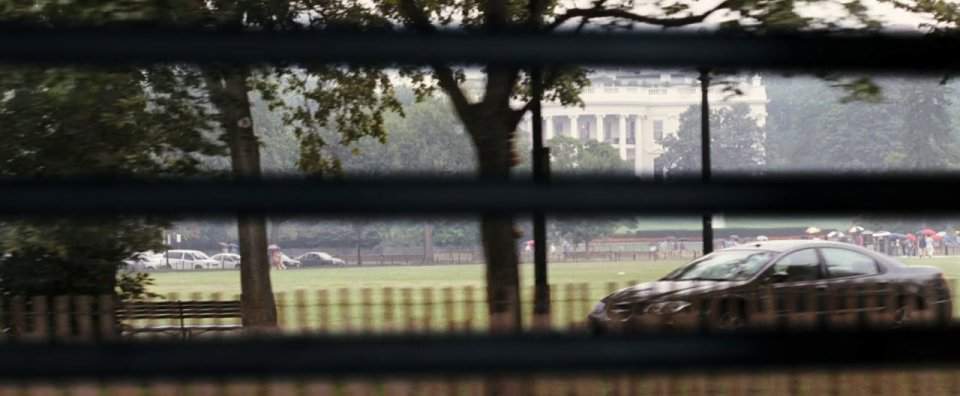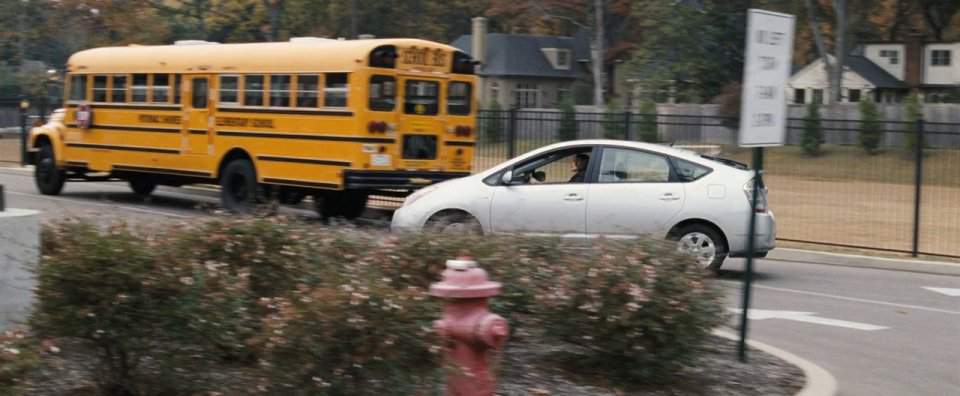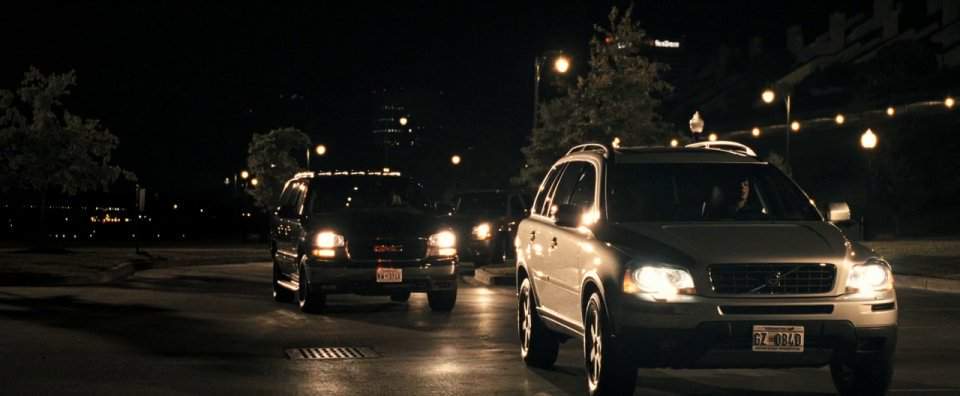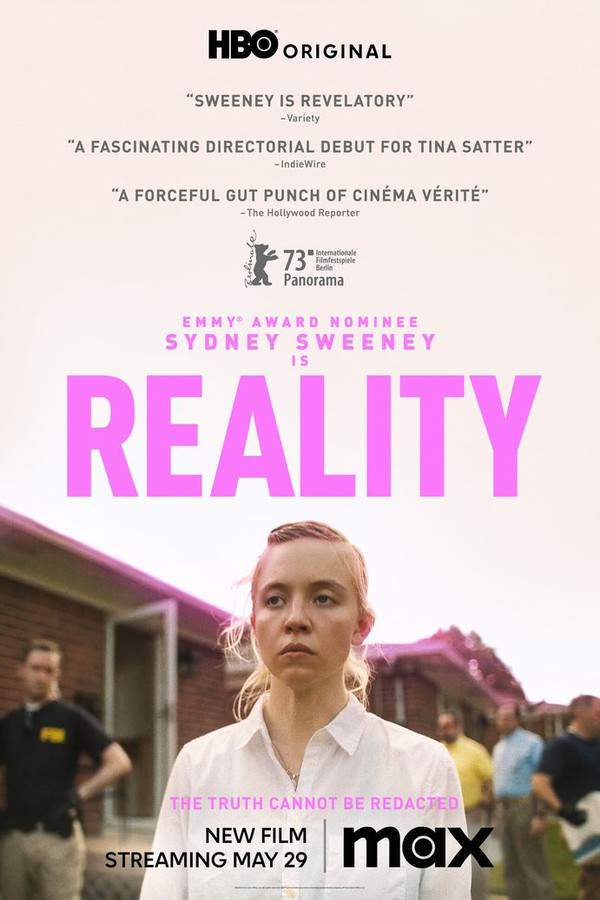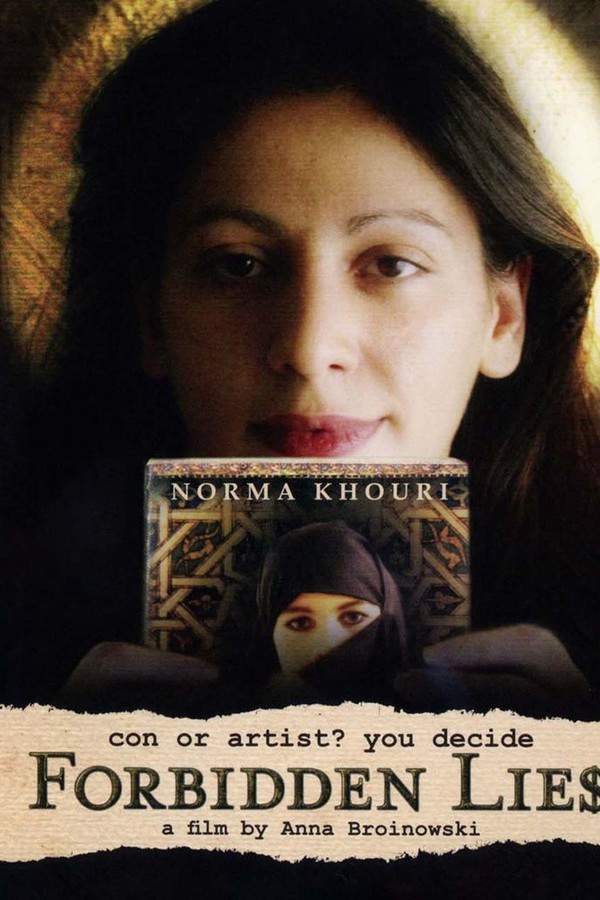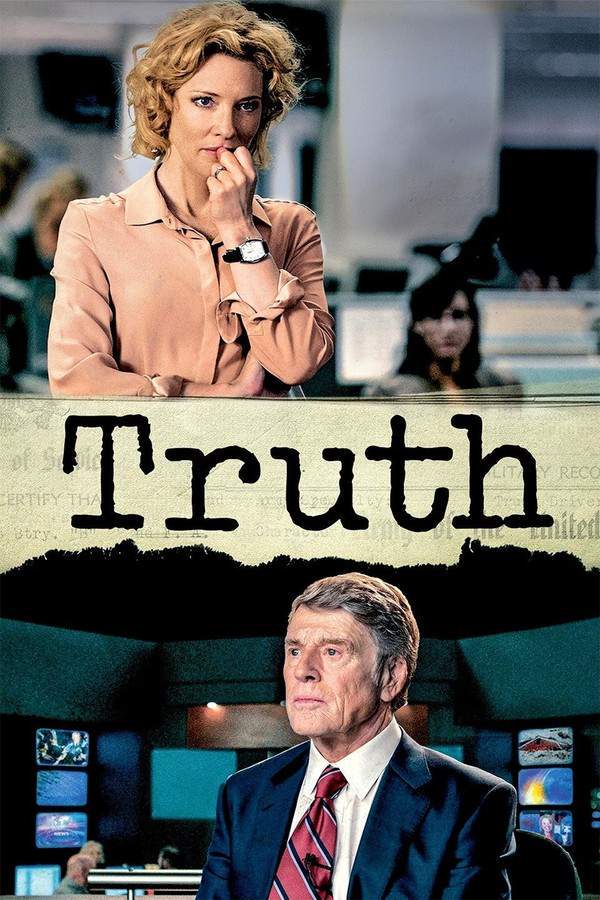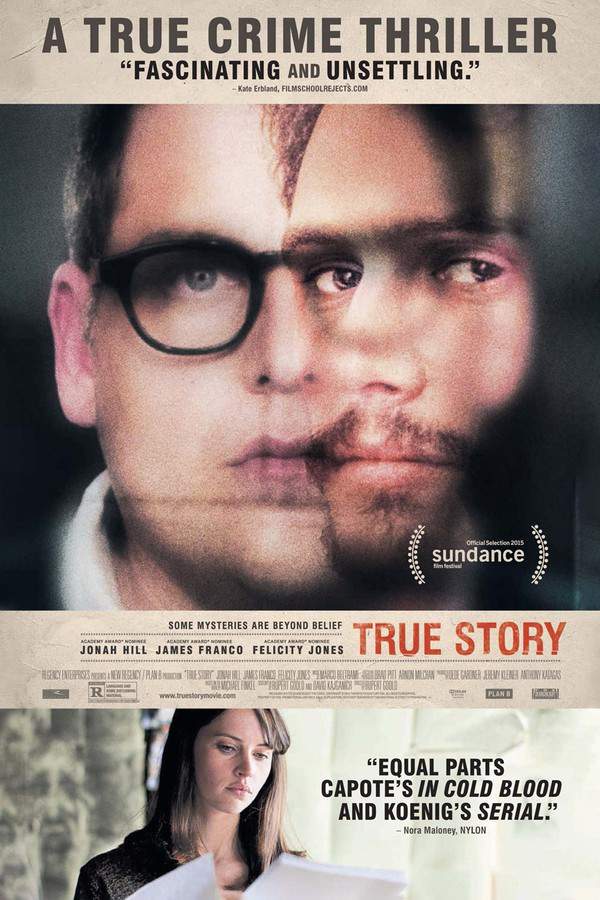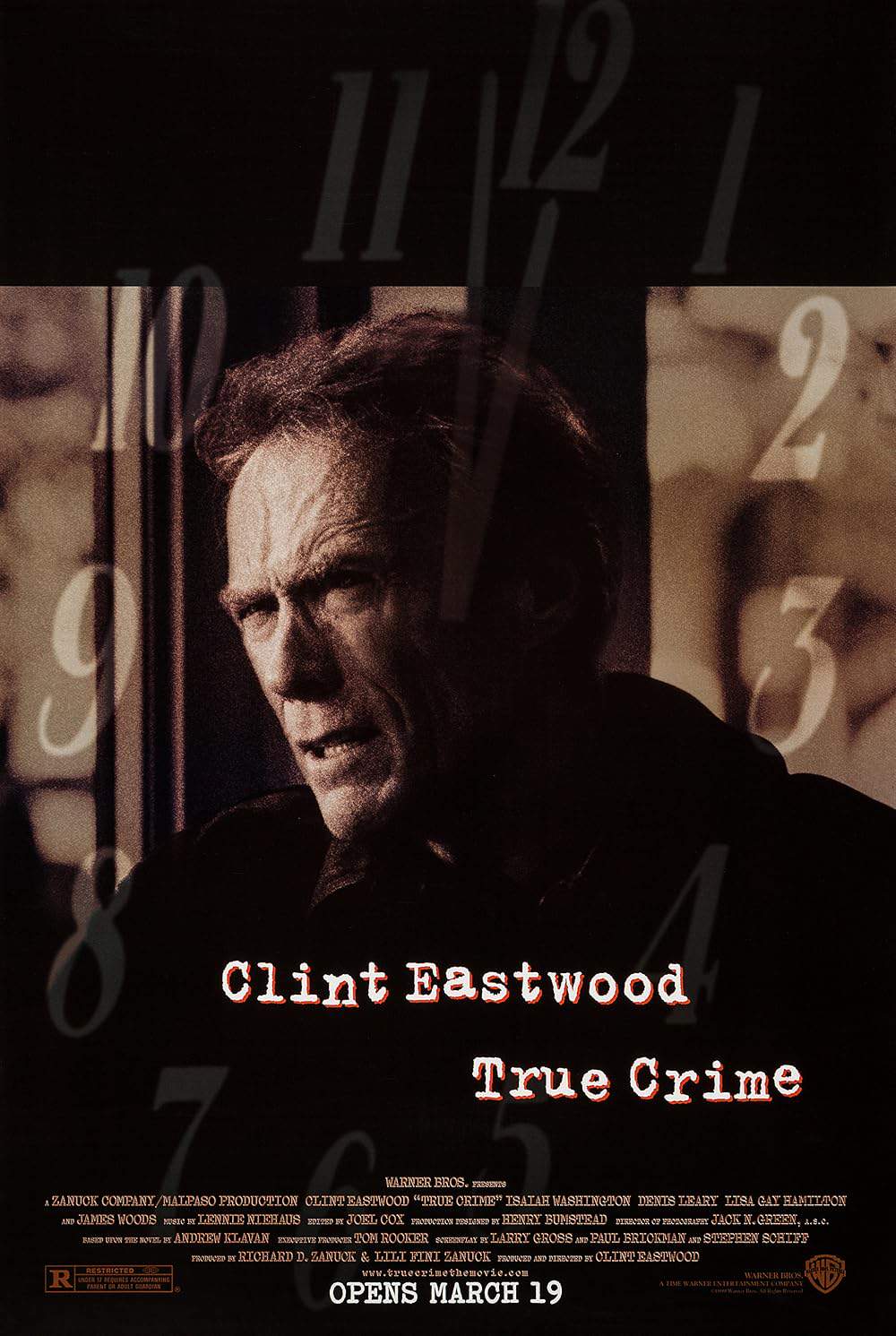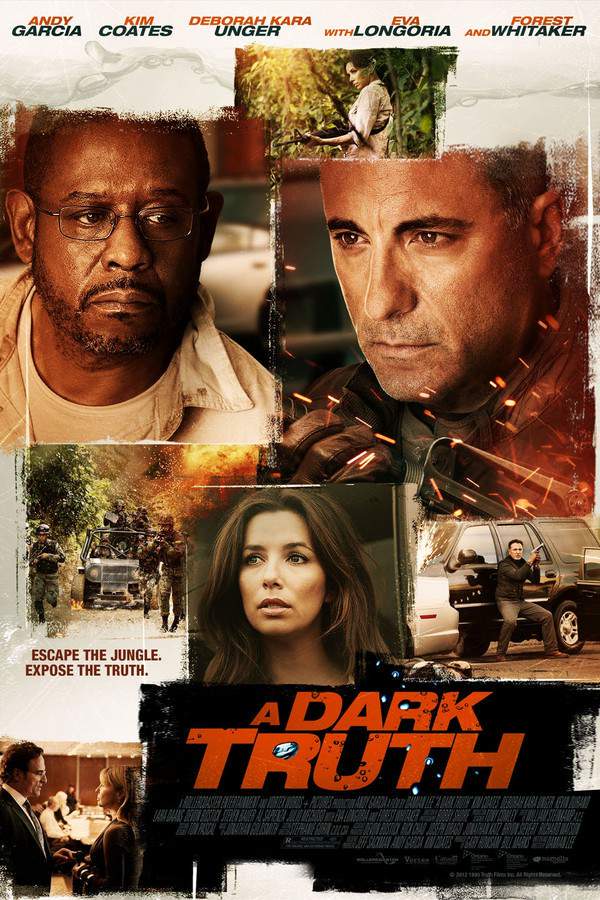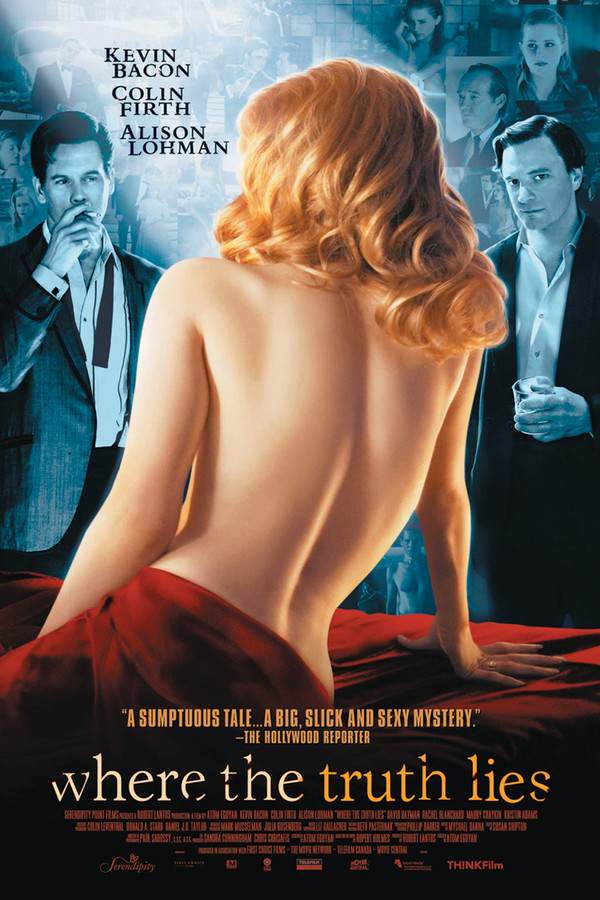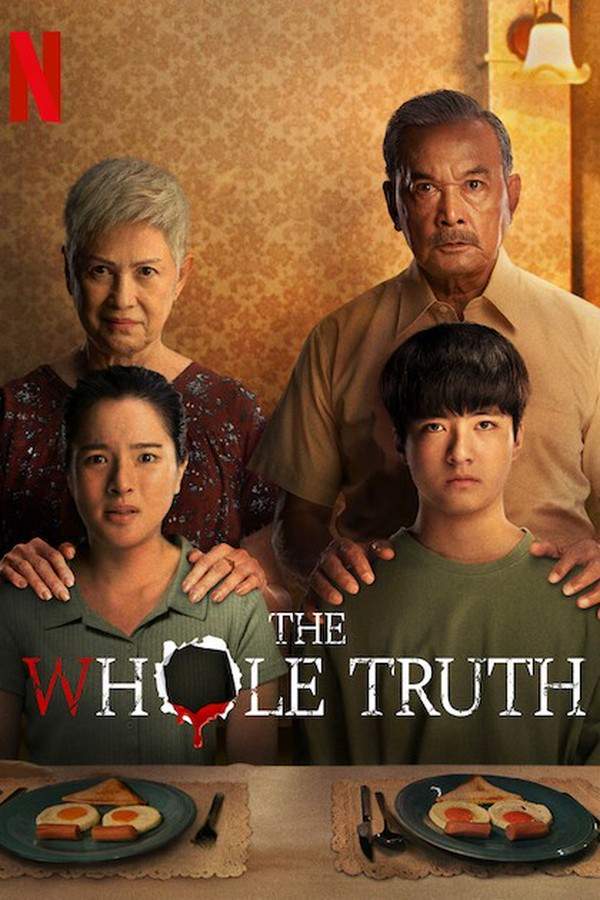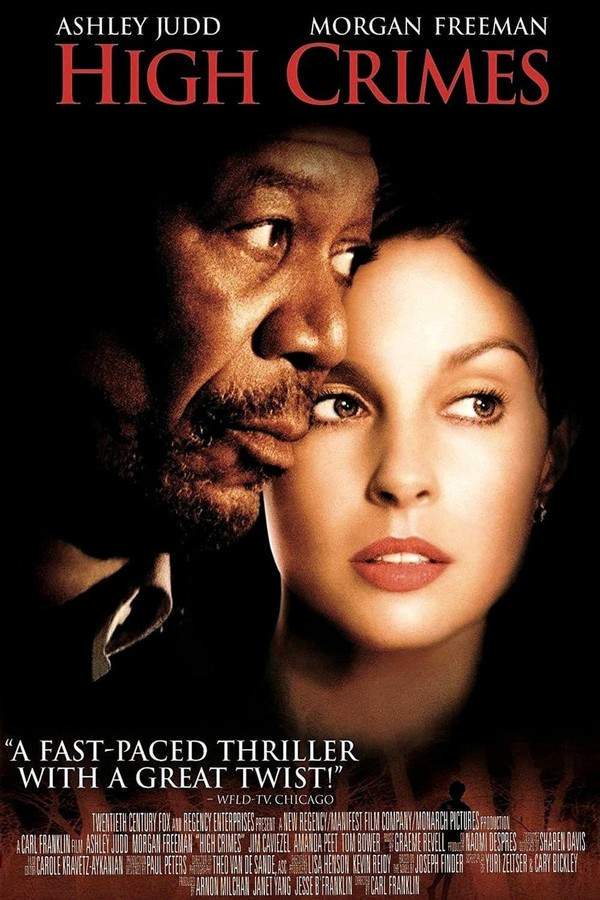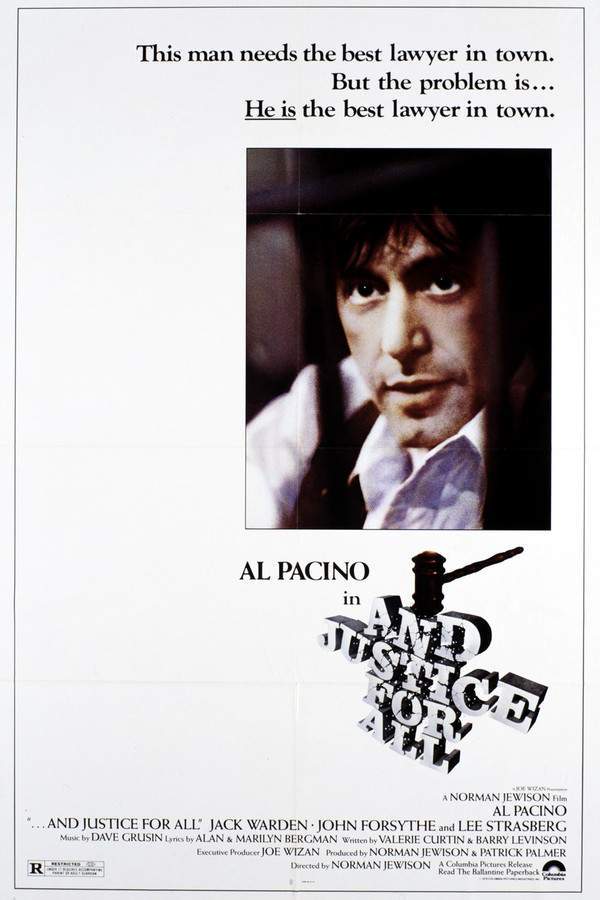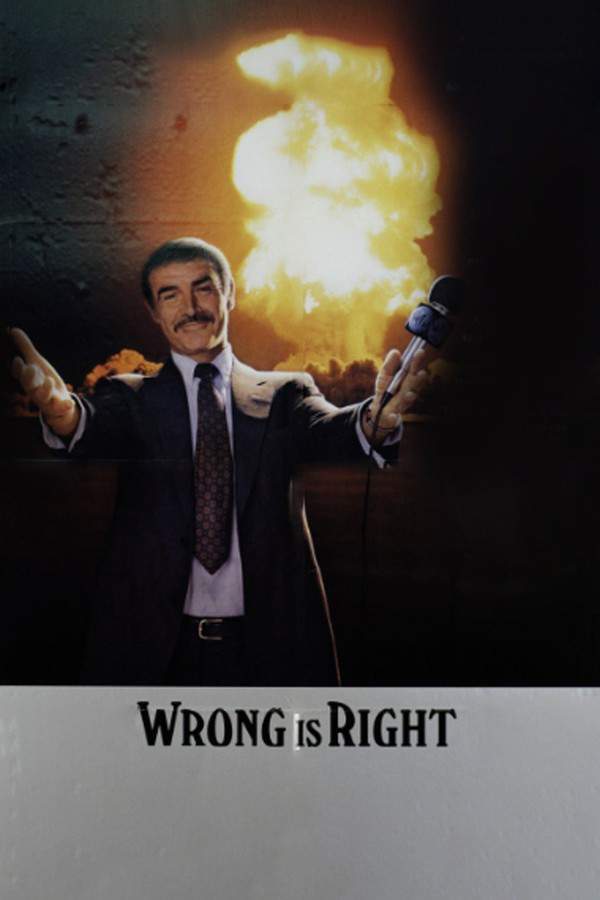Nothing But the Truth 2008
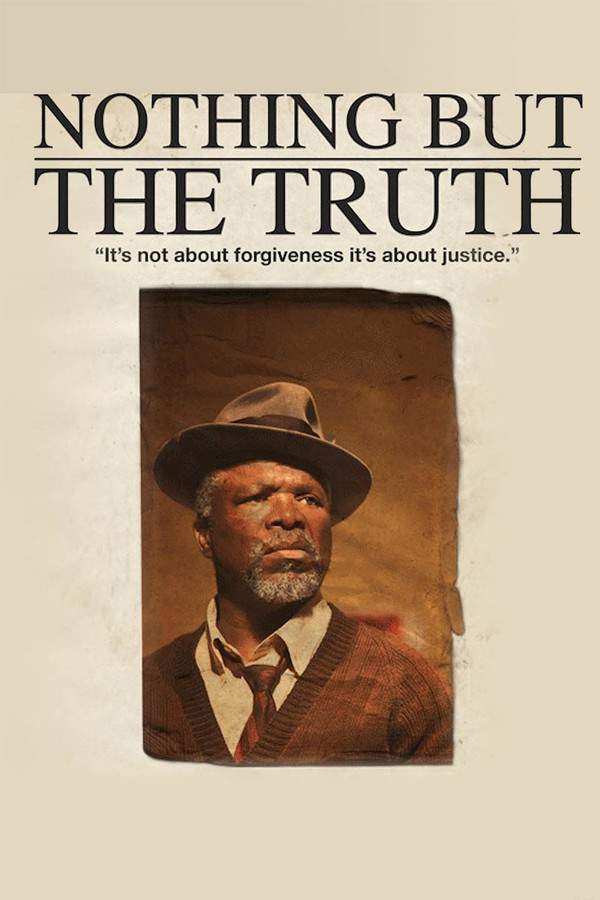
Amidst a climate of political turmoil, investigative journalist Rachel Armstrong publishes a story exposing a significant government scandal. Her refusal to reveal her confidential source leads to a legal battle and ultimately, imprisonment. Rachel must then grapple with the ethical implications of her profession as she fights to uphold her principles and defend the importance of protecting sources.
Does Nothing But the Truth have end credit scenes?
No!
Nothing But the Truth does not have end credit scenes. You can leave when the credits roll.
Meet the Full Cast and Actors of Nothing But the Truth
Explore the complete cast of Nothing But the Truth, including both lead and supporting actors. Learn who plays each character, discover their past roles and achievements, and find out what makes this ensemble cast stand out in the world of film and television.
External Links and Streaming Options
Discover where to watch Nothing But the Truth online, including streaming platforms, rental options, and official sources. Compare reviews, ratings, and in-depth movie information across sites like IMDb, TMDb, Wikipedia or Rotten Tomatoes.
Ratings and Reviews for Nothing But the Truth
See how Nothing But the Truth is rated across major platforms like IMDb, Metacritic, and TMDb. Compare audience scores and critic reviews to understand where Nothing But the Truth stands among top-rated movies in its genre.

64
Metascore
6.8
User Score

7.1 /10
IMDb Rating

69
%
User Score
Take the Ultimate Nothing But the Truth Movie Quiz
Challenge your knowledge of Nothing But the Truth with this fun and interactive movie quiz. Test yourself on key plot points, iconic characters, hidden details, and memorable moments to see how well you really know the film.
Journalistic Integrity Under Fire: Test your knowledge about the intense legal and ethical struggles faced by journalist Rachel Armstrong in 'Nothing But the Truth.'
Who plays the role of ambitious journalist Rachel Armstrong?
Kate Beckinsale
Vera Farmiga
Angela Bassett
David Schwimmer
Show hint
Awards & Nominations for Nothing But the Truth
Discover all the awards and nominations received by Nothing But the Truth, from Oscars to film festival honors. Learn how Nothing But the Truth and its cast and crew have been recognized by critics and the industry alike.
14th Critics' Choice Awards 2009


Full Plot Summary and Ending Explained for Nothing But the Truth
Read the complete plot summary of Nothing But the Truth, including all major events, twists, and the full ending explained in detail. Explore key characters, themes, hidden meanings, and everything you need to understand the story from beginning to end.
President Lyman, portrayed by Scott Williamson, becomes the target of an assassination attempt, which results in a U.S. retaliatory bombing of Venezuela, accusing the country of orchestrating the attack. In this tense atmosphere, Rachel Armstrong (Kate Beckinsale), a driven reporter for the Capital Sun-Times based in Washington D.C., is on the verge of exposing a significant story. She is set to publish allegations that the Lyman administration willfully deceived Congress and the American public by blaming Venezuela for the assassination attempt, all while ignoring a CIA report from operative Erica Van Doren (Vera Farmiga) which determined there was no connection between the country and the attack.
Rachel holds onto vital evidence: a memo written by Erica, who is deeply involved in the investigation and whose daughter, Alison, attends the same school as Rachel’s son, Timmy (Preston Bailey). Refusing to disclose her source, Rachel confronts Erica at a soccer game, where Erica, while denying her CIA ties becomes agitated by what she perceives as the reckless behavior of journalists. Confident in her findings, Rachel publishes her report, which swiftly makes headlines and gains the unwavering support of her editor, Bonnie Benjamin (Angela Bassett), along with legal counsel Avril Aaronson (Noah Wyle).
However, the CIA quickly becomes aware of Rachel’s impending reveal. Erica’s supervisor, Merill, grows suspicious that Erica may have leaked information to Rachel, especially since she expressed frustration over being ignored by the White House after submitting her report. In an aggressive move, they decide to polygraph everyone at the agency to uncover the source of the leak. The ramifications of exposing a covert operative’s identity are severe, as it could be considered treason if committed by a government official. Consequently, special prosecutor Patton Dubois (Matt Dillon) assembles a grand jury to find and prosecute the leaker. When asked about her source, Rachel staunchly declines to provide any information, leading to her imprisonment for contempt of court.
The high-profile lawyer Albert Burnside (Alan Alda), representing Rachel, underestimated the situation’s gravity, exclaiming that the judge made a serious miscalculation when his client was jailed. He compares mistakes with biting remarks, saying, >“sometimes a mistake is like wearing white after Labor Day, and sometimes a mistake is invading Russia in winter.” In the following days, Burnside fights for Rachel’s release on bail, but the judge sets conditions, insisting Rachel must consult her source before revealing their identity—conditions she vehemently rebuffs.
As time goes on, Erica faces pressure within the CIA, even after successfully passing a polygraph examination. Her anger boils over as she threatens to disclose confidential information, while facing the possibility of her custody battle over her daughter being manipulated against her. The tension escalates, and as weeks turn into months, Erica is tragically murdered outside her home, escalating the stakes for Rachel.
Despite facing harassment from fellow inmates and an estrangement from her husband, Ray Armstrong (David Schwimmer), and son Timmy, Rachel holds firm in her commitment to protecting her source. Over her imprisonment, the mounting fines against her newspaper reach astronomical amounts, as Dubois persuades the court to impose a daily fine for each day that Rachel refuses to disclose her source. Rachel argues to Dubois, that revealing her source post-murder could endanger others, but the situation spirals further when a White House staff member admits to leaking information about Erica—an action Rachel had already known about prior to their meeting.
With Burnside appealing all the way to the Supreme Court, he stresses that without the protection of sources, the freedom of the press and, by extension, democracy itself hangs in the balance. Unfortunately, the court sides against Rachel in a close decision. Eventually, the judge recognizes that continued incarceration serves no purpose, deciding ultimately to release Rachel, who has not been convicted of any crime. Just as she steps out, Dubois intervenes, instigating an arrest on grounds of obstruction of justice, leading Rachel to accept a plea deal that includes a two-year sentence but allows the possibility of early parole for good behavior.
As Rachel is taken to prison, she reflects on a moment spent volunteering at Timmy’s school, where she recalls a conversation with Erica’s daughter, Alison. In this innocent exchange, Alison inadvertently reveals that her mother worked for “the government” and had recently traveled to Venezuela for “business,” shedding light on the chain of events that have led to her current predicament.
Uncover the Details: Timeline, Characters, Themes, and Beyond!

Coming soon on iOS and Android
The Plot Explained Mobile App
From blockbusters to hidden gems — dive into movie stories anytime, anywhere. Save your favorites, discover plots faster, and never miss a twist again.
Sign up to be the first to know when we launch. Your email stays private — always.
Discover Film Music Concerts Near You – Live Orchestras Performing Iconic Movie Soundtracks
Immerse yourself in the magic of cinema with live orchestral performances of your favorite film scores. From sweeping Hollywood blockbusters and animated classics to epic fantasy soundtracks, our curated listings connect you to upcoming film music events worldwide.
Explore concert film screenings paired with full orchestra concerts, read detailed event information, and secure your tickets for unforgettable evenings celebrating legendary composers like John Williams, Hans Zimmer, and more.


Cars Featured in Nothing But the Truth
Explore all cars featured in Nothing But the Truth, including their makes, models, scenes they appear in, and their significance to the plot. A must-read for car enthusiasts and movie buffs alike.
Nothing But the Truth Themes and Keywords
Discover the central themes, ideas, and keywords that define the movie’s story, tone, and message. Analyze the film’s deeper meanings, genre influences, and recurring concepts.
Nothing But the Truth Other Names and Titles
Explore the various alternative titles, translations, and other names used for Nothing But the Truth across different regions and languages. Understand how the film is marketed and recognized worldwide.
Similar Movies To Nothing But the Truth You Should Know About
Browse a curated list of movies similar in genre, tone, characters, or story structure. Discover new titles like the one you're watching, perfect for fans of related plots, vibes, or cinematic styles.
Quick Links: Summary, Cast, Ratings, More

What's After the Movie?
Not sure whether to stay after the credits? Find out!
Explore Our Movie Platform
New Movie Releases (2025)
Famous Movie Actors
Top Film Production Studios
Movie Plot Summaries & Endings
Major Movie Awards & Winners
Best Concert Films & Music Documentaries
Movie Collections and Curated Lists
© 2025 What's After the Movie. All rights reserved.



